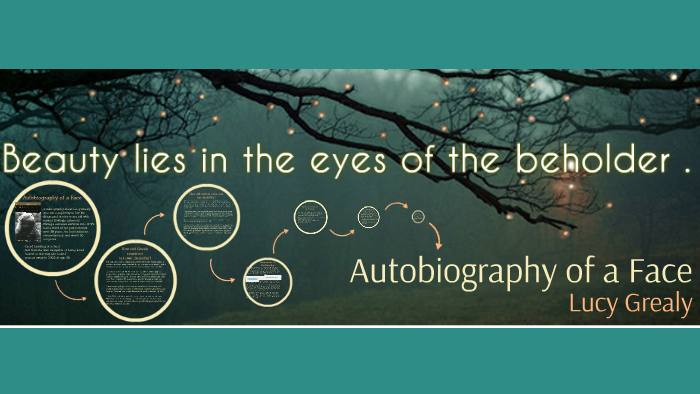



In many instances a child will outright mock her or ask her personal questions about her physical form. Children tend to be more blatantly cruel to her than adults. These actions of the individuals that Lucy Grealy meets validate the idea that citizens of modern day society value aesthetic beauty over intrapersonal beauty by showing that she is treated negatively solely due to her outward appearance. Throughout her childhood she notices that both adults and children come across as uncomfortable when they take note of her appearance. Lucy Grealy illustrates a distinct difference in the way she is treated by others compared to how one who is perceived as normal is treated. The idea that society values aesthetic beauty is supported by the way others treat Lucy Grealy, the actions Lucy Grealy takes to change her appearance, and by Lucy Grealy's inner thoughts and emotions throughout the memoir. As a young woman who does not fit society's definition of beautiful, Lucy Grealy is faced with great adversity and struggles to see herself as normal. An argument central to the memoir is that society values what is seen as pretty or aesthetically pleasing rather than aspects that aren't necessarily physical. In the memoir Autobiography of a Face, Grealy places a great emphasis on the significance of physical appearance in society. The author, Lucy Grealy, is both physically and emotionally impacted by the numerous operations on her jaw which left her looking different than the individuals surrounding her. Autobiography of a Face is a memoir written by a woman whose face is disfigured by childhood cancer.


 0 kommentar(er)
0 kommentar(er)
